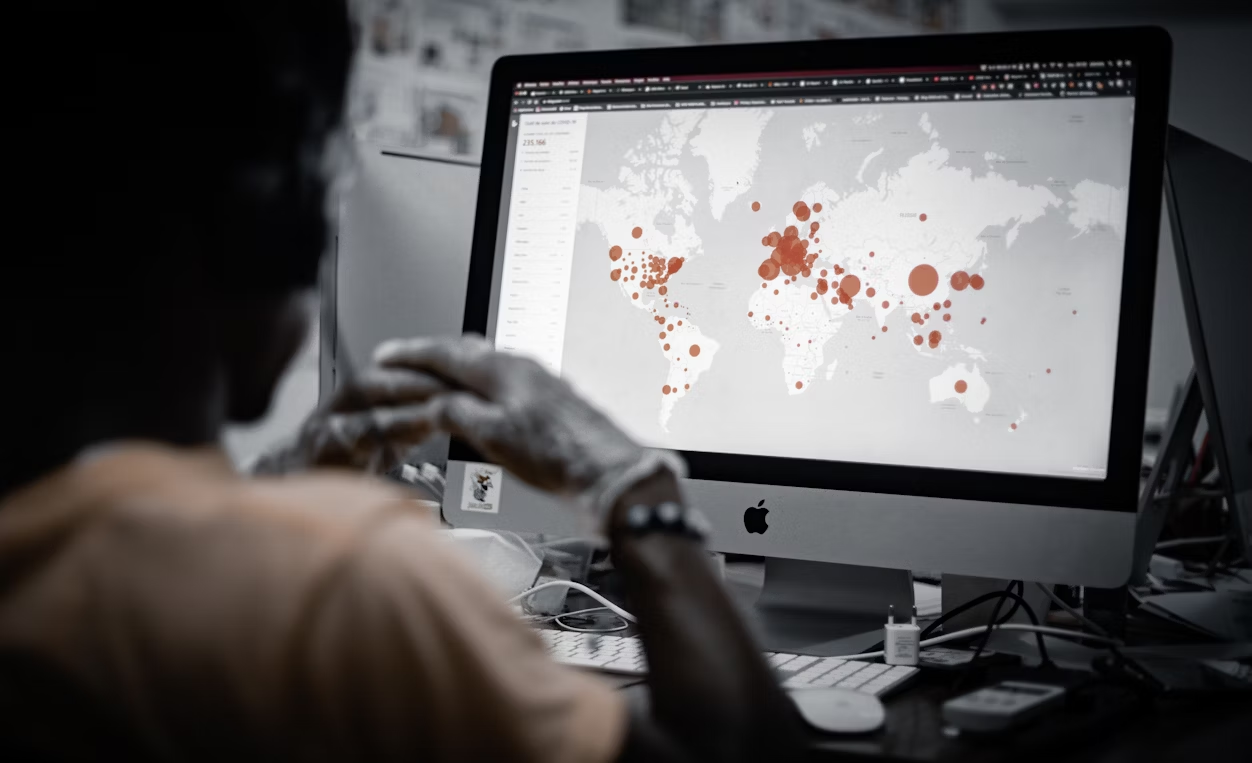After more than a year of COVID-19 restrictions, in many parts of the world, life is gradually returning to normal.
As we expected even in the early days of the pandemic, it’s a new normal. For employers and their workforces, that has meant embracing remote and hybrid work, ramping up digital transformation initiatives, and even rethinking how employees are recruited.

Seen initially as a temporary solution for seeing their recruitment processes through the pandemic, video interviews have become integral to hiring. Why? They offer a wide range of benefits that employers won’t want to relinquish after the pandemic is vanquished.
Here’s a look at how video interviews enhance diversity and inclusion in hiring, make the recruitment process more efficient, and meet the needs of candidates and employers in today’s new environment of remote and hybrid work.

Making Hiring More Diverse
The shift to video interviews comes as employers place a greater emphasis on achieving more diversity in hiring – not just because it’s good for the bottom line, but also because it’s the right thing to do.
Many hiring managers have turned to technology to assist them in their efforts to recruit candidates from diverse backgrounds. In a recent survey performed by Software Advice, 89% of HR managers indicated that they’ve utilized or are planning to utilize software tools as part of their diversity and inclusion initiatives.
How do video interviews support those efforts?
Take asynchronous video interviews (AVIs), in which candidates receive a uniform set of questions to which they record their answers on their computers, tablets, or mobile phones. By providing each candidate with the same set of questions, this structure allows for a fairer process – one in which candidates are less likely to benefit from unfair advantages because they share something arbitrary in common with an interviewer.
AVIs also make it easier for candidates to be their authentic selves – instead of tailoring their answers according to what they think a specific interviewer wants to hear. Having multiple reviewers evaluate each candidate’s responses – combined with inclusive-by-design AI that provides relevant insights to hiring managers – will create a more complete picture of each candidate, allowing a diverse crop of job-seekers to rise based on their talents and merits.

Unprecedented Convenience
For job candidates, automated video interviews mean that they’re able to complete interviews on their own time – a vital benefit, especially for those who are already working another job (or multiple jobs), applying for several positions, or juggling a variety of life tasks. The ability to complete the interview anytime, anywhere saves time, hassle, and costs – and when candidates can do so from a place of their choosing, they’re likelier to be more comfortable and at ease, making for a more pleasant process overall.
What’s in it for the employer? Video interviews enhanced by AI offer a valuable source of extra insight on candidates’ qualifications, organizational fit, soft skills, and alignment with the company’s values and mission. And just as AVIs save time and offer convenience to candidates, they do so for employers, as well – while also saving travel, lodging, and other associated expenses they’d have otherwise had to cover for in-person interviews.
Take it from P&O Ferries, where hiring managers’ decision to switch to video interviews has led to a 62% reduction in time spent on the interviewing process. Or heed the experience of the grocer Ocado, which also pivoted to video interviewing, which 90% of hiring managers want to continue post-pandemic.

Eliminating Geographic Barriers
What holds true in real estate – it’s all about location, location, location – no longer holds true in the recruitment business.
With more remote workers, longstanding geographic barriers to top talent have fallen, and video interviews make it easier for employers to facilitate interviews with the best job-seekers, no matter where they’re based.
A hiring process that isn’t limited by location is more supportive of diverse backgrounds, perspectives, and cultures.
As the pandemic and its aftermath force companies to rethink old assumptions and develop new, more innovative processes, video interviews have established their value as tools for fairer, more efficient, more diverse, and higher-performing workplaces.
A great deal has changed in the past year and a half. Many companies are embracing this change for the better.
If you're ready to explore different video interview solutions, take a look at our roundup of the best video interview software.



























